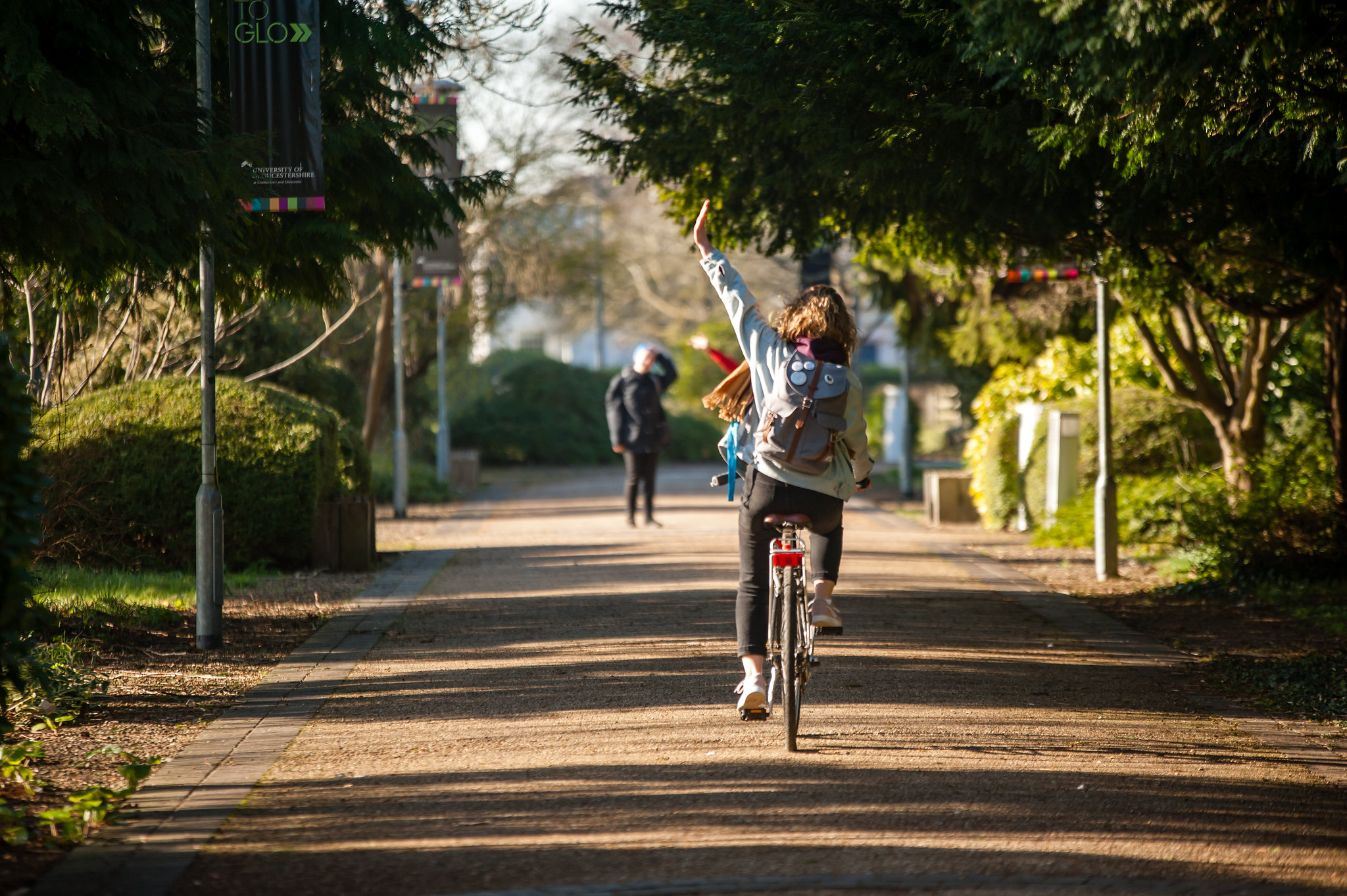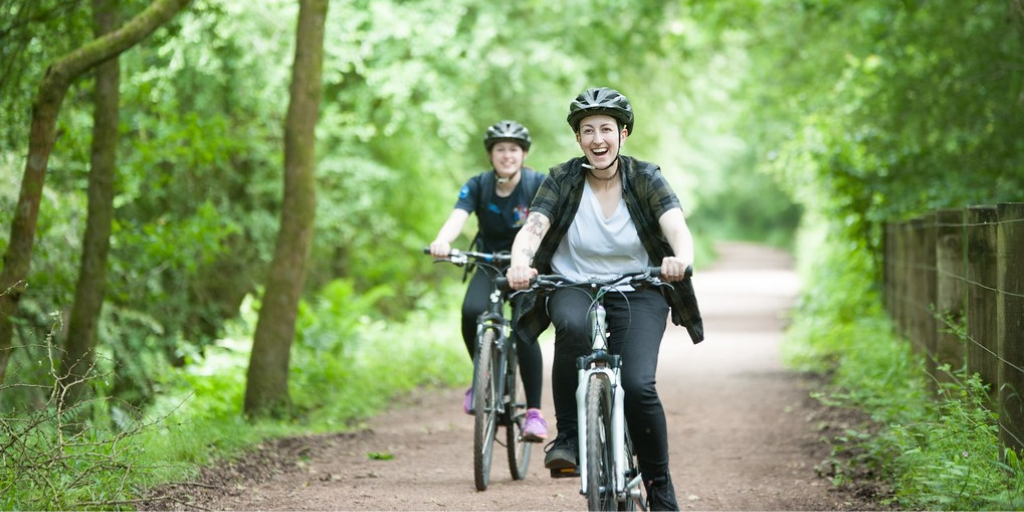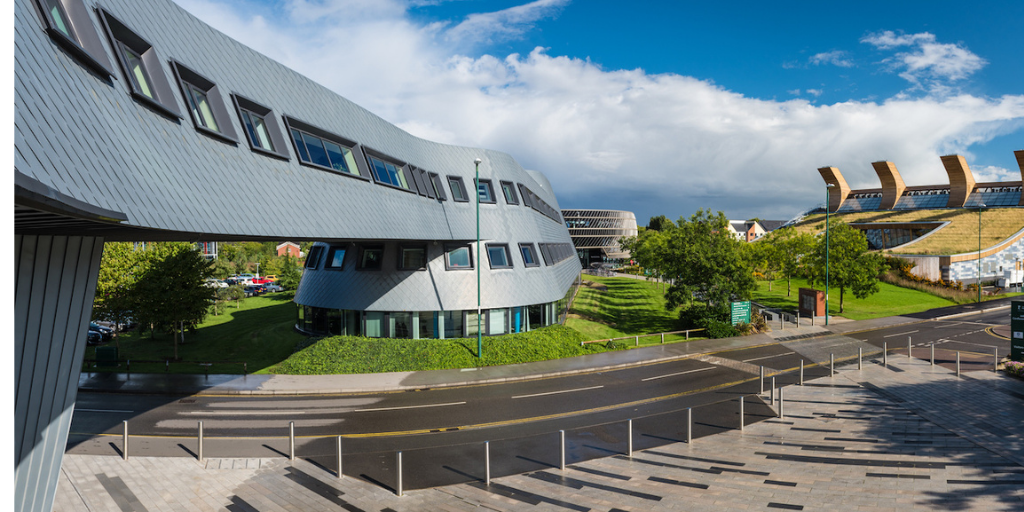We want to reach net zero carbon emissions by 2030. Today we have launched our plan to reach this ambitious target.
Our previous carbon strategy (2010-2020) achieved a 47% drop in emissions by 2019 that rose to 63% by 2020 – surpassing our target of 40% by 2020. We had already fully divested from fossil fuels in May 2018.
Ahead of COP26 later this month, where world leaders will discuss attempts to tackle climate change, we have reaffirmed our commitment to addressing the global emergency by announcing a comprehensive action plan to reduce our carbon footprint to net zero by 2030.
Our ambitions, however, go far beyond Net Zero. From educating change agents who will be the sustainability leaders of the future to collaborating on research that will inform and influence climate change action and policy, we’re focusing on all elements of the triple bottom line of society, environment and economy. That’s the only way to drive real change.

We start from a strong place thanks to our previous Carbon Strategy, but undoubtedly we now need to go further. This will be even more important as the University looks to grow its student numbers and course offer in the coming years.
The climate emergency means there is absolutely no time to stand still and, with the help of our students, staff and partners, we’re determined to contribute meaningfully to tackling this global crisis.
How can you help?
We need everyone to understand where their activities have the highest impact.
Staff and students can be role models and help drive change by:
- Travelling smartly – choosing the lowest carbon mode for commuting, academic activities and field trips.
- Spending wisely – choosing low carbon options wherever possible, and avoiding excess products, waste and car use.
- Learning – growing your knowledge through curriculum projects, research and public events.
If you lead key services and projects you can model good practice by:
- Factoring in life cycle carbon and cost impacts to spending and implementation decisions
- Encouraging your team members to use low carbon travel options wherever possible
- Creating innovative and educational options for lower carbon field trips and study visits
- Joining in on saving energy by ensuring all unnecessary lights and equipment are switched off
- Creating ideas and sharing positive impacts from your area to inspire more positive change
As citizens, we can all support the global decarbonisation journey through minimising excess consumption and waste, and by choosing more plant-based options in our diets.
As a University, we will continue to be active in local and regional forums that can help support all our efforts, e.g. collaborating on moves for lower carbon transport and innovative carbon projects.
Latest News
UoG joins international community in Race to Zero campaign 
The University of Gloucestershire, which earlier this month announced its plans to reach net zero carbon emissions by 2030, has signed up to the worldwide Race to Zero campaign.
How are universities addressing the climate emergency? 
Universities UK (UUK) published their policy commitments on climate action, backed by over 140 UK universities, and showcasing UoG as one of those leading the way.
UK Universities to be net zero by 2050
University Business: 
Universities UK (UUK) has announced that 140 institutions have made a commitment to reduce greenhouse gas emissions – but warn the pledge is dependent on secure long-term government funding



